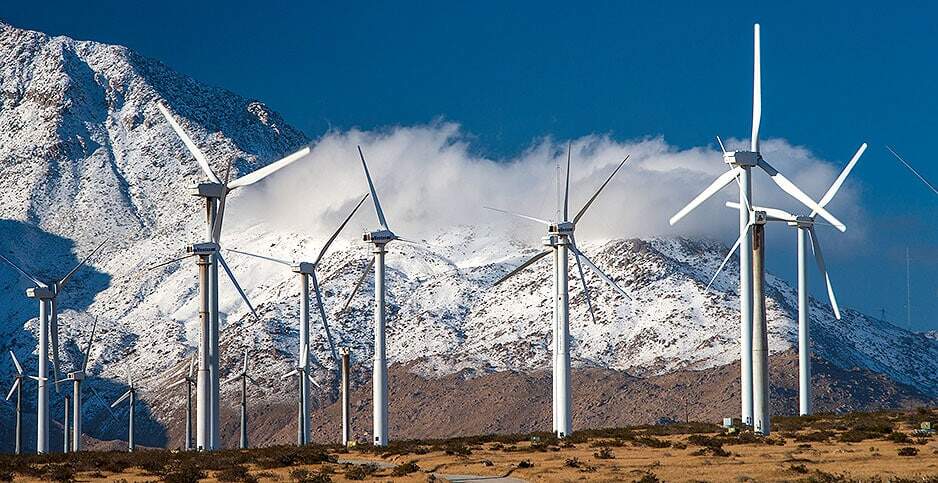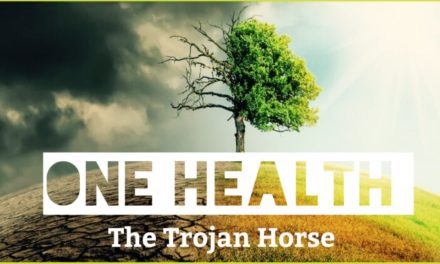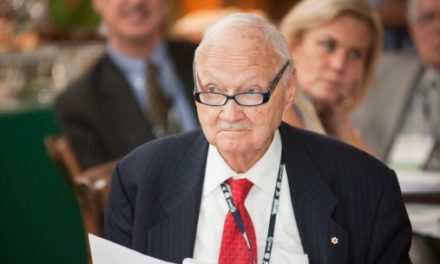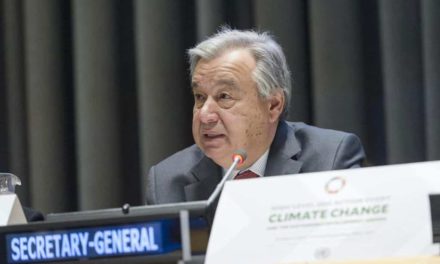The latest narrative in the ongoing claims that policy disagreement amounts of misinformation now includes climate change. Those who do not see weather as an existential threat are spreading misinformation — this time about solar and wind energy.
Taxpayer-funded National Public Radio (NPR) is jumping on the misinformation bandwagon with a story on Tuesday about Biden’s Energy Department and other climate-change promotors warning that opposition to alternative energy is making headway because of people allegedly not telling the truth.
“The spread of misinformation about solar and wind energy is leading some states and counties to restrict or even reject projects,” NPR said in introducing the piece that rejects any criticism of climate change or the radical policies to fight it like the Green New Deal. “The Energy Department calls it a key threat to decarbonizing the grid.”
The NPR piece aired on Morning Edition and targeted a science teacher in Ohio who isn’t sold on wind power as one of the spreaders of misinformation.
“Jeremy Kitson’s a high school science teacher in Van Wert County, Ohio – lots of farmland, soy, corn, some wheat and, about 10 miles away, wind turbines. Kitson knows folks on farms near those turbines who told him,” the NPR reporter said.
“You do not want to live under these things.” Kitson said. “They’re noisy. We can’t sleep. There’s sleep deprivation.”
And Kitson wasn’t in favor of an Apex Clean Energy plan to expand a wind project about a mile from his home so he started a Facebook page expressing his First Amendment-protected free speech. NPR reported:
On the page, there are dozens of posts with false, partly false and misleading information about renewable energy. Eventually, because of new state regulations that made it more difficult to locate turbines, which Kitson’s group supported, Apex bowed out of the project. Last fall, a group of researchers published a paper looking at the Facebook posts of Kitson’s group and another large anti-wind group in Ohio that successfully stopped wind development. Lead author Josh Fergen of the University of Minnesota Duluth says much of the misinformation focused on health and safety.
“Commonly exploding turbines – right? – turbines falling down, crashing on roads,” Fergen said, adding that does happen often.
The NPR reporter uses Kitson as the basis for claiming:
These posts are spreading through a network of anti-wind and anti-solar groups across the country. Some of the misinformation comes from groups with ties to the fossil fuel industry, like the Texas Public Policy Foundation. And in recent years, the false claims got a major megaphone.
Whether it’s physics, health or economics, Sarah Mills at University of Michigan says false and misleading information can now get mixed up in the decision-making about where to locate renewable energy or whether to have the projects at all. In about half of states, she says, regulations of rural utility scale solar and wind happen on the local level.
“These local officials are not necessarily experts in energy,” Mills said. “And so when you have people coming and stating things as facts, like, it’s difficult. Like, they’re certainly making decisions based on what they’re hearing.”



















